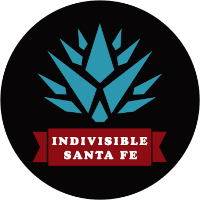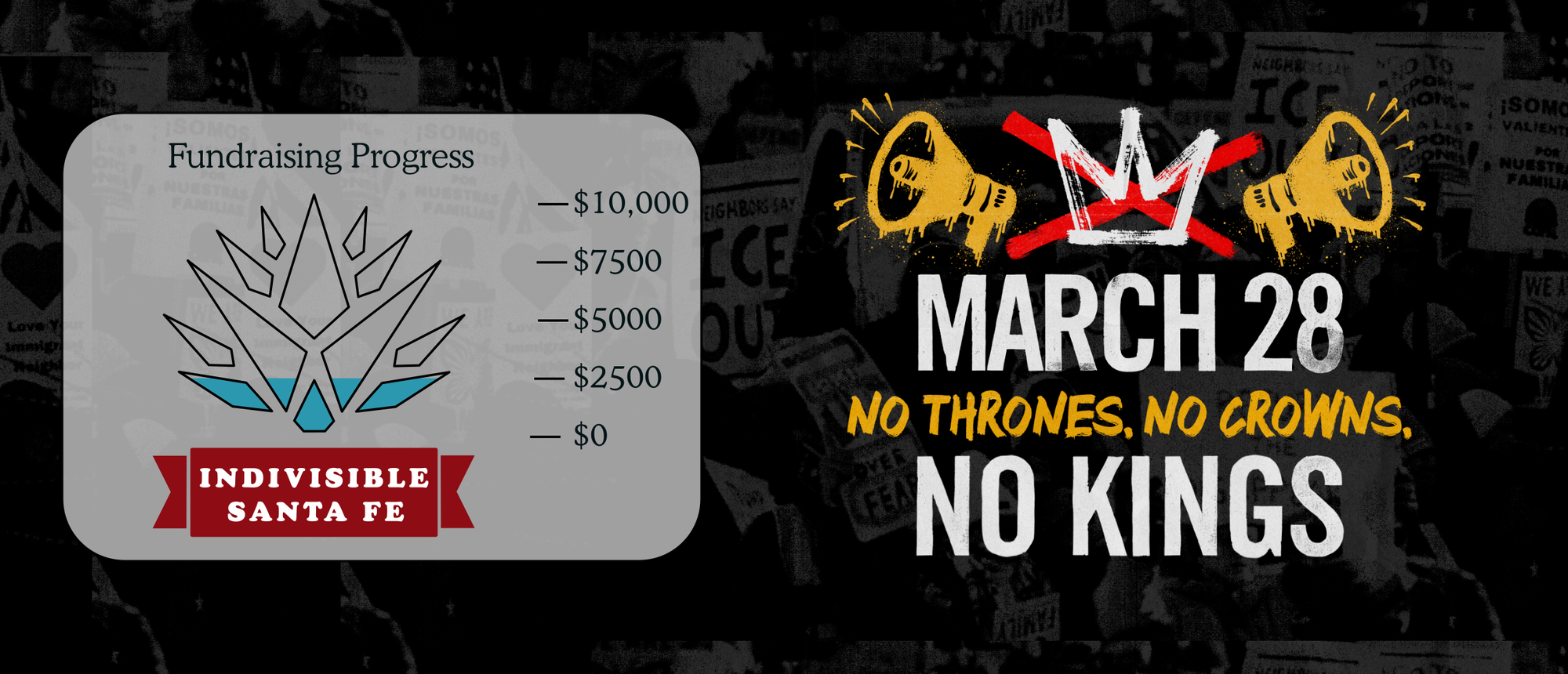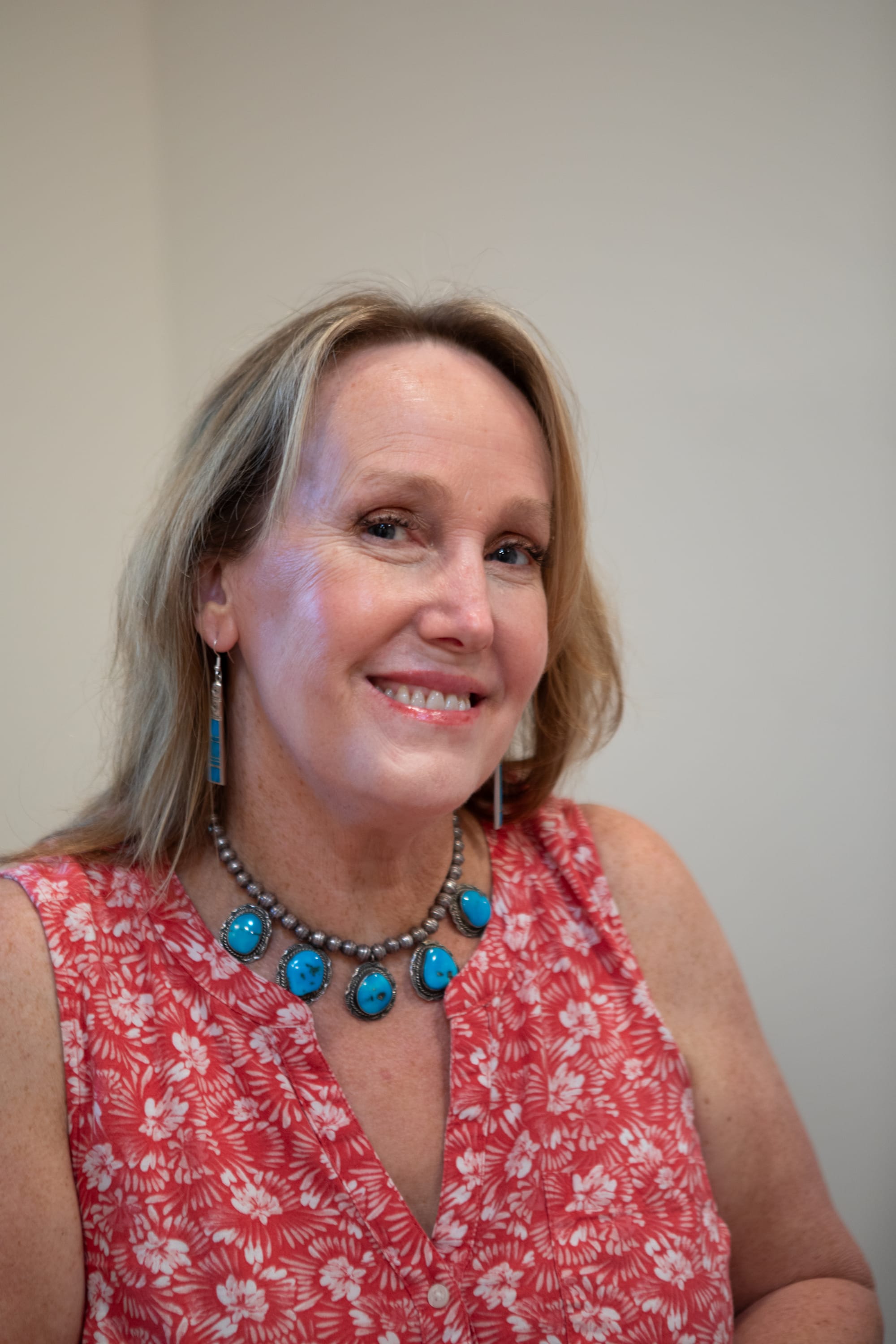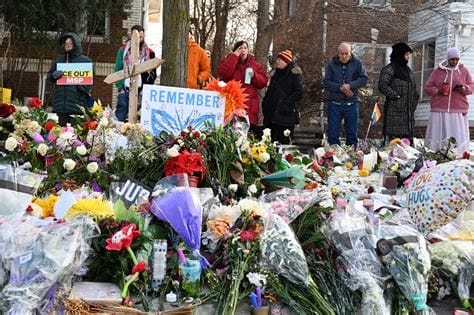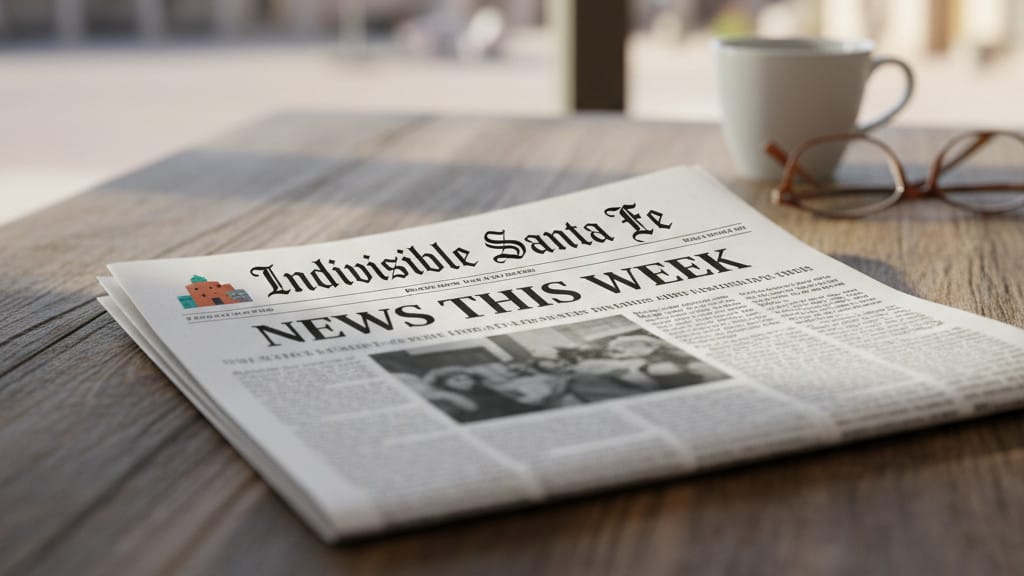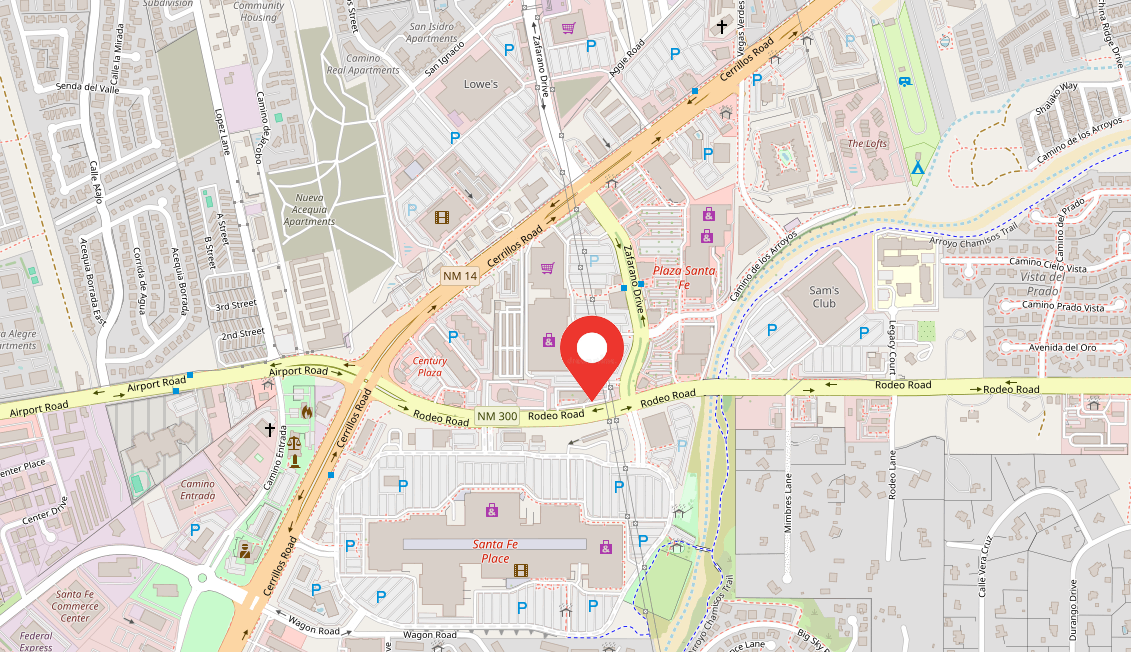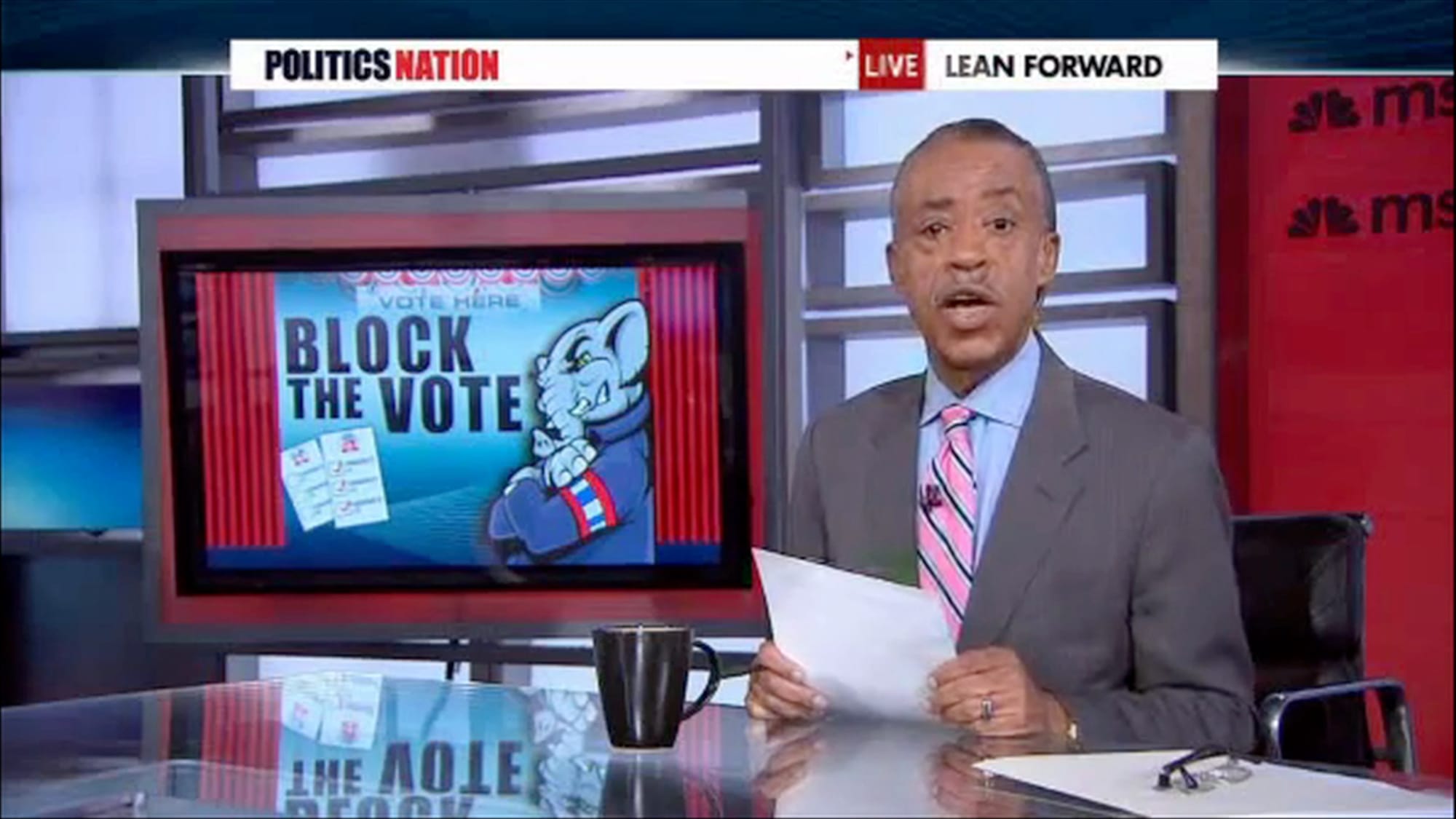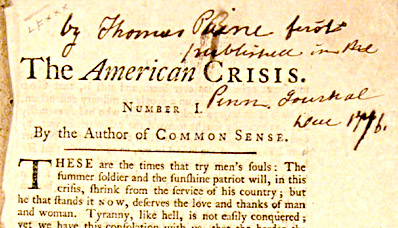The Fourth of July in the United States has always been more complicated than it might seem. In better times, it has been possible for me to feel more festive than I do today, though the aspirations behind the holiday have always been more ambitious than the reality of America. This year, the ideals voiced in the Declaration of Independence are themselves under siege in the United States, attacked by a federal government wholly controlled by an organization no longer functioning as a political party within our pluralistic constitutional democracy. The institutionalized Republican Party is a corrupt, authoritarian junta. Whether elected or appointed, the federal officials affiliated with it have made clear their contempt for the basic commitment of the Declaration to certain self-evident truths: “that all men are created equal, that they are endowed ... with certain unalienable rights, that among these are life, liberty, and the pursuit of happiness.”
That’s one of the most famous phrases in the Declaration. But this Fourth of July, it is another portion that matters more to me. In the body of the text, the signers from each colony lay out their case against the British King and Parliament, describing how both have abandoned the British constitution and British rule of law thereby justifying the American colonies in dissolving their political connection with the United Kingdom and being “free and independent states.” In closing, they make this commitment to each other: “And for the support of this declaration … we mutually pledge to each other our lives, our fortunes, and our sacred honour.”
Today, I make a comparable pledge, one fit for today’s America, one I invite every member of my communities to join:
For the support of the restoration of pluralistic constitutional democracy in the United States and the better achievement by its government of the basic commitment to the equal right of all to life, liberty and the pursuit of happiness, I pledge my life, my fortune, and my honor.
I do not enter into this pledge lightly.
American colonists died in support of the pledge that concludes the Declaration of Independence. Later, in attempting to ensure that Declaration’s basic commitments were in fact realized in the United States, abolitionists died or suffered awful injuries; suffragists were humiliated, imprisoned, and force-fed; the foes of Jim Crow were beaten and killed. Struggles to end governmentalized misogyny, racism, xenophobia, and religious bigotry date back to the era of the American Revolution and go on to this day, joined more recently by explicit struggles to defeat governmentalized homophobia and transphobia. Every round in the fight for the ideals of the Declaration of Independence goes long. Frederick Douglass did not live to see the promises of the Thirteenth, Fourteenth, and Fifteenth Amendments realized, however imperfectly, in the twentieth century federal civil rights bills and the dismantling of Jim Crow. Susan B. Anthony and Inez Millholland died before the Nineteenth Amendment was passed. William B. Kelley and Marsha P. Johnson died before marriage equality and other gay rights were recognized in U.S. law. Certainly, none of these activists got to see in America a complete end to chattel marriage or the addition of the Equal Rights Amendment to the U.S. Constitution or full and meaningful voting rights and ballot access or robust economic justice. Perhaps we will not either.
Bearing history in mind, I know that the pledge I make today commits me to a deadly serious, long haul. Yet the pledge, and sharing it, adds a celebratory dimension to my Fourth of July of 2025. It connects me to the most ethically and politically significant values that animated the work of the signers of the Declaration of Independence. That brings me inspiration and energy. I wish the same for all of you who join me in the pledge.



